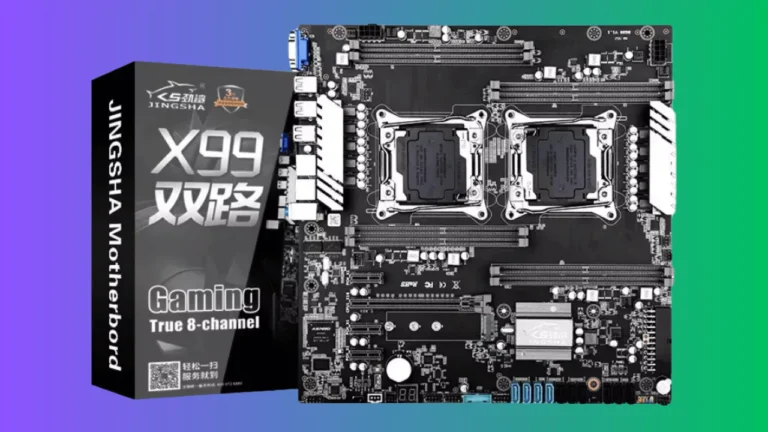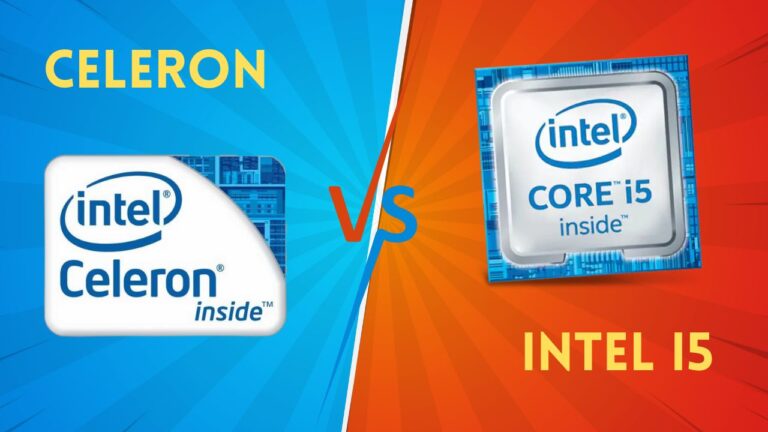Do you crave a gaming PC? But all the noise it’ll make has you concerned? Picking the right quiet PC case can be tough. Here’s some advice to help you select the best one for your build. Tips and tricks included!
When constructing a PC, the case is key. While airflow, cable management, and RGB lighting are important, noise control is often ignored – a huge mistake. A case with poor sound isolation produces an annoying internal noise from fans and PSUs. So, if you want your Zoom call to be drowned out, buy any basic case. But, if you’d prefer a more silent device for a pleasant experience, shop for soundproof cases.
Luckily, it’s easy to find decent cases that offer noise control without sacrificing looks or performance. There are budget-sized cases for silent builds, and larger mid-tower enclosures to fit your needs. Here are some factors to consider when picking out a quiet PC case:
- Airflow
- Cable management
- RGB lighting
- Noise control
Benefits of a Quiet PC Case
The PC case you choose for your build can make a big difference to the noise of your system. A good silent PC case not only keeps your components cool and secure, but also helps you to have a peaceful computing experience. With the right PC case, you can have complete silence in your workspace.
Advantages of a quiet PC case include:
- Low Noise: A quality silent PC case greatly cuts the noise coming from your system. This is especially useful if loud sounds can be intrusive to those in your surroundings. It also reduces humming or buzzing sounds created by components in the PC.
- Improved Airflow: Intake fans pull cool air from outside and exhaust fans remove warm air from inside. A quieter PC case means less noise from air moving through these channels, which improves airflow and cooling. This decreases heat buildup in the parts, increasing performance and longevity.
- Lowered Temperatures: A quiet PC with sound-dampening materials reduces fan vibrations, resulting in lower temperatures inside. This improves thermal efficiency, stability, and performance.
Factors to Consider When Choosing a Quiet PC Case
When looking for a quiet PC case, there are many options available. Remember the following:
- Form factor: Choose one that fits your workspace.
- Noise reduction: Look for insulation, washers, grommets, baffles, and dampening material.
- Cooling system: Air and liquid cooling solutions with fan mount locations can reduce noise.
- Protection: Filters and shock-absorbing foam help protect components.
- Budget-friendliness: Quality materials provide better noise reduction – quality matters!
Types of PC Cases
Selecting a PC case for your build has many options. The size and materials used in construction will affect how much noise it makes.
- ATX tower is the most common. It works with ATX form factor motherboards. It comes in full and mid-tower sizes, made of plastic, steel, or aluminum.
- Mini tower or SFF (Small Form Factor) is good for saving space but still has performance. It has fewer expansion slots but still supports components.
- HTPC (Home Theater PC) cases are for audio/video applications.
- Mini cube cases are smaller than mid-tower.
- Super Tower-style chassis offer added space.
- Desktop chassis come in horizontal or vertical orientations.
- Server chassis provide great airflow for server applications.
Once you decide which type of PC case to get, consider noise-dampening solutions like foam padding surfaces or after-market fan controllers for manual fan speed settings.
Noise Reduction Strategies
When picking a PC case for a quiet build, it’s important to check the noise reduction tech used by the manufacturer. Many use noise-isolating materials and tech to reduce vibrations and sound levels while still providing plenty of cooling airflow. Noise-blocking foam, dampening layers, and airtight acoustic seals help reduce fan noise in PC cases.
Component placement inside the case can also help minimize noise. For example, use rubber washers or mount parts away from panels with sound baffles. Finally, if possible, get a PSU fan that operates quietly at lower speeds. This can result in less sound and still keep temperatures low.
Tips for Choosing the Right Case
When constructing or upgrading your PC, choosing the right case is essential. Considerations such as size, airflow, and design, like windows or lighting, must be taken into account. Here are some key tips to help you pick the best case for your build and improve performance:
- Check cooling compatibility. Ensure your CPU fan and other components fit and have enough air.
- Look at radiator support. Pick a case with enough space for radiators if you’re using liquid cooling.
- Noise-dampening material. Soundproofed cases with thick panels reduce noise from all the fans. Also, they help trap heat for silent operation.
- Quality construction materials. Chassis sturdiness makes a big difference in performance and compatibility with cable routing options.
- Airflow design. Vents and fan installation can keep the temperature at optimum levels while reducing noise.
Conclusion
To wrap up, you should think about the following when picking a silent PC case:
- Size and compatibility
- Fans and cooling systems
- Quiet fans
- Sound baffles
Also, check out reviews to decide which one is the best. Plus, inspect the build quality to make sure it meets your standards. Factoring all this in will result in you finding a case that can run quietly and perform well.







